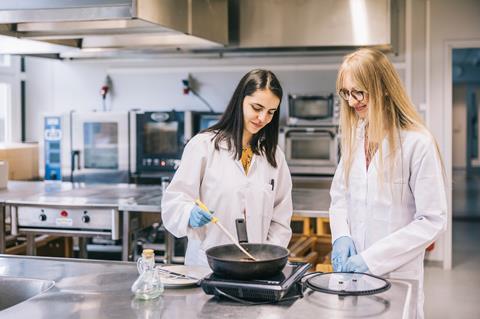
The Food Standards Agency has been given £1.4m in funding from the Department of Science, Innovation & Technology to open an innovation hub.
The hub will develop and expand specialist expertise in regulating innovative technologies such as precision fermented foods, making sure these products are safe to eat before they are sold.
It would enable the FSA to support the action plan published by the chancellor on 17 March, said the organisation.
This plan seeks to “position the UK as the best place in the world to commercialise technologies and innovation” through the introduction of the Regulatory Innovation Office.
The FSA will also seek to offer greater clarity on regulatory requirements facing innovators and investors in precision fermentation, providing greater regulatory clarity on how to gain market authorisation in Great Britain alongside Food Standards Scotland, including through a new business-focused guidance hub.
It will align with RIO’s broader work to ensure regulation supports and keeps pace with cutting-edge innovation.
The hub will bring together the FSA’s existing work on novel foods and food created through genetic technology, alongside the recently launched sandbox for cell-cultivated products, supporting wider innovation efforts.
“We’re pleased to secure this additional funding to make the risk assessment of innovative products swifter, without compromising on food safety,” said FSA chair Susan Jebb.
“There is growing interest in the potential of new technologies to increase the UK’s food security and provide affordable, healthy, and sustainable food.
“This important new project will give innovators greater support in navigating the regulations under which we assess if food is safe, making the system more efficient and enabling safe products to come to the market more quickly,” Jebb added.
Science minister Lord Vallance added: “Breakthroughs in precision fermentation have the potential to grow our economy and improve food security by reducing reliance on imports, and the Regulatory Innovation Office will help to bring innovations like these to market safely and efficiently.”



















No comments yet